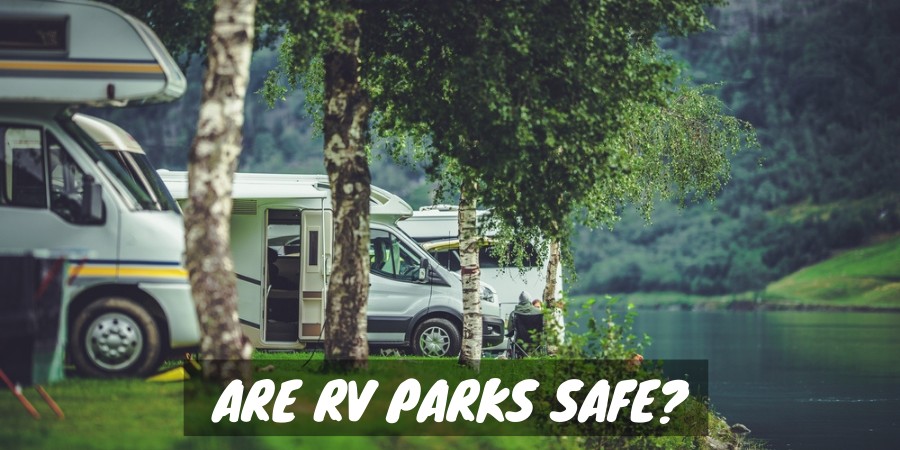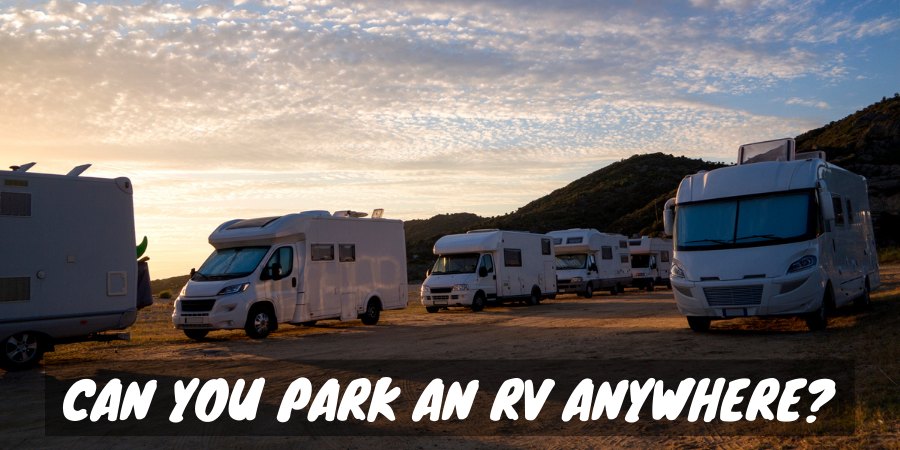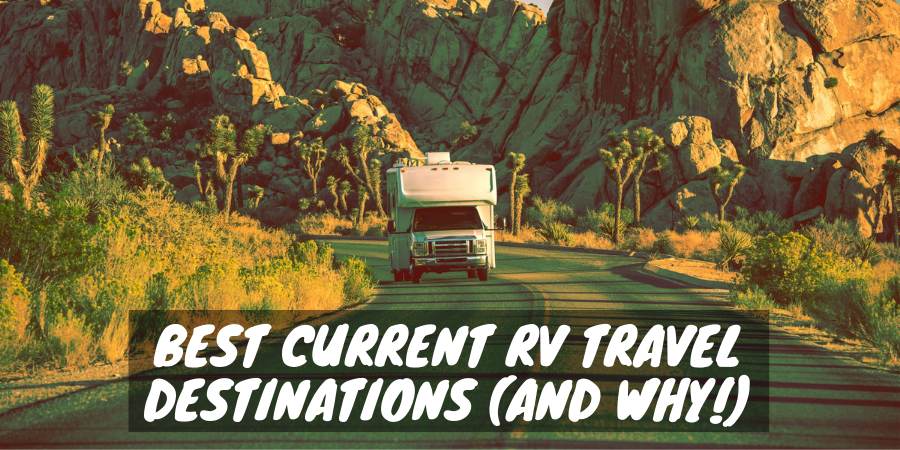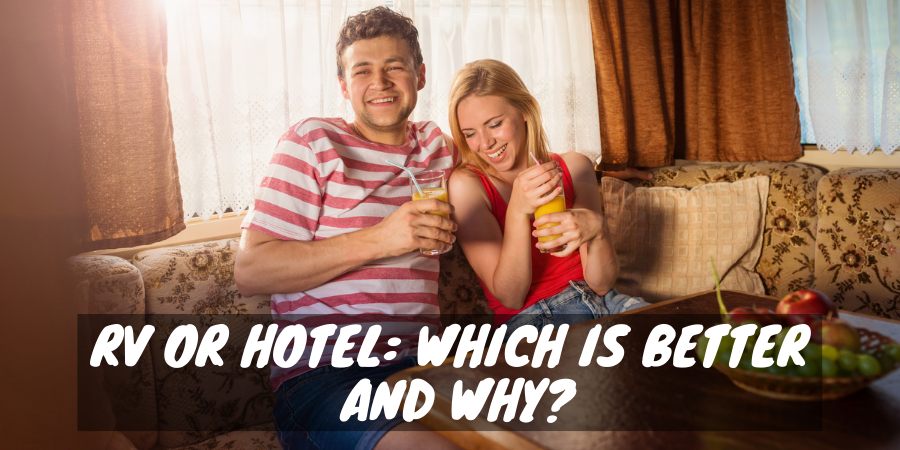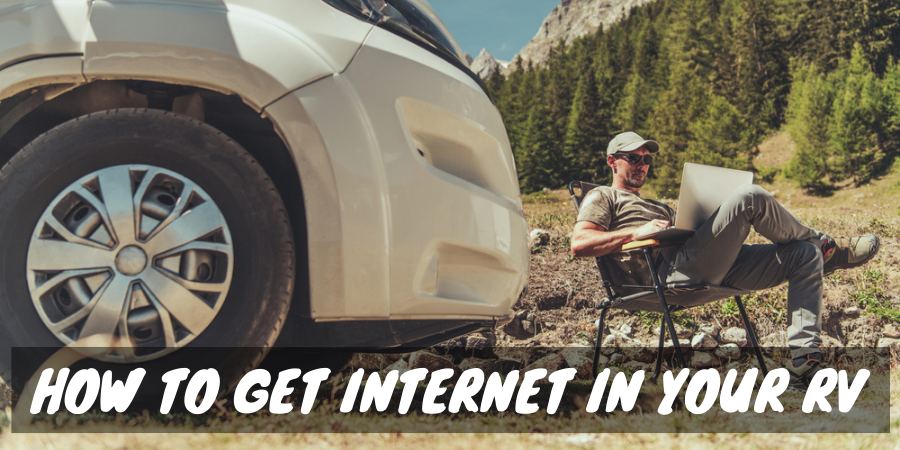Are you thinking about ways to get some extra cash in retirement? A reverse mortgage might come to mind, but what if your home has wheels?
In this article, we’re exploring whether your RV can help you secure some additional funds through a reverse mortgage.
It’s an unusual question, but let’s investigate it further.
NOTE: I looked into getting a reverse mortgage on my RV to see if it could give me extra money in retirement. The idea seemed clever: I could get more out of my RV without giving up my adventures. I didn’t think it was possible, but I wanted an answer to be sure.
Introduction to Reverse Mortgages
Reverse mortgages are unique financial instruments designed for homeowners, particularly retirees seeking to supplement their income. They work in the opposite way of a regular home loan.
Instead of making monthly payments to a lender, the homeowner receives payments, tapping into the equity built up in their home. This can provide a steady stream of income or a lump sum, depending on the homeowner’s preference and the specific terms of the mortgage.
A key feature of reverse mortgages is their importance in financial planning, providing a valuable tool for handling retirement finances.
Eligibility for reverse mortgages typically revolves around several key criteria, with age and primary residence status at the forefront.
Generally, homeowners must be at least 62 years old, though this age requirement can vary by country and specific lender policies.
Additionally, the property in question must be the borrower’s primary residence, meaning it is where they live most of the year. This condition is important, as it ensures that the loan is protected by a significant property central to the borrower’s life.
Should We Use a Reverse Mortgage to Enjoy Retirement? (Video)
This brings us to an intriguing question: What about RVs? Do they qualify for reverse mortgages?
RVs occupy a unique niche within the property landscape, sometimes serving as a primary residence for their owners.
This raises questions about their eligibility for reverse mortgages, given their distinct nature compared to traditional homes.
Understanding RVs as Property
In the context of property and asset classification, RVs straddle the line between vehicles and real estate, presenting a unique challenge for financial institutions regarding financing options. This dual nature affects how people see RVs in terms of investment, financing, and their eligibility for things like reverse mortgages.
RVs serve a range of uses, from seasonal recreation for vacationing families to full-time residences for individuals or couples exploring a nomadic lifestyle. This versatility is one of the RV’s most attractive features, allowing owners to tailor their use to personal needs and lifestyles. However, these varied uses also impact financing options and eligibility for certain types of loans.
For instance, an RV used occasionally for trips may be financed differently from one that serves as a primary residence.
The financial journey of an RV diverges significantly from that of traditional real estate, primarily due to depreciation. Unlike homes, which generally appreciate in value over time, RVs, much like automobiles, depreciate.
This depreciation begins when the RV is purchased and continues over its lifespan.
This stark difference in value trajectory between RVs and traditional homes has significant implications for financing options.
While a home can serve as a growing asset against which homeowners can borrow, the depreciating value of an RV presents a riskier proposition for lenders.
Furthermore, the legal distinctions between mobile and fixed properties are crucial in determining mortgage and financing options.
Traditional homes, being fixed assets, offer stable collateral for lenders, whereas the mobile nature of RVs introduces a level of uncertainty and risk that most mortgage products, including reverse mortgages, are not designed to accommodate.
This legal and financial differentiation impacts the availability of specific loan products and the terms and conditions under which they are offered.
Why RVs Don’t Qualify for Reverse Mortgages
The distinct nature of recreational vehicles (RVs) as both mobile and residential assets introduces unique challenges in financing, particularly regarding reverse mortgages.
Three (3) key factors are central to RVs’ ineligibility for reverse mortgages:
- the primary residence requirement
- the distinction between mobile and fixed properties
- the impact of RV depreciation
Together, these elements underscore the reasons why RVs generally fall outside the scope of reverse mortgage programs.
1. Primary Residence Requirement
One of the foundational eligibility criteria for a reverse mortgage is the stipulation that the property must be the borrower’s primary residence.
This rule is because reverse mortgages are meant to help retirees with money in their main homes.
While some RV owners might use their vehicles as their main living spaces, the transient nature of RV living complicates the definition of “primary residence.”
Financial institutions and regulatory bodies often require a fixed address to qualify as such, which many RVs cannot provide due to their inherent mobility.
2. Distinction Between Mobile and Fixed Properties
The fundamental difference between mobile and fixed properties significantly affects their qualification for financial products like reverse mortgages.
Fixed properties, such as traditional homes, offer a stable and secure asset for lenders, which is not inherently the case with mobile properties like RVs.
The ability to move an RV introduces a layer of risk for lenders, as the asset’s location—and consequently its legal jurisdiction—can change.
This mobility undermines the security of the loan for the lender, making RVs less attractive as collateral for reverse mortgages.
3. Impact of RV Depreciation
Depreciation plays a critical role in determining an asset’s eligibility for financing options, including reverse mortgages.
Traditional homes typically appreciate over time, providing a growing equity base against which homeowners can borrow.
In contrast, RVs depreciate much like vehicles, losing value over time.
This depreciation diminishes the financial attractiveness of RVs as collateral for lenders, who prefer assets that maintain or increase in value.
The depreciating asset does not provide a secure foundation for a loan designed to provide income based on the equity of a homeowner’s property.
Given these considerations, it becomes clear why RVs do not typically qualify for reverse mortgages.
The eligibility criteria and underlying financial principles of reverse mortgages are tailored to stable, appreciating assets that serve as the borrower’s primary and fixed residence.
While RVs offer a unique and flexible lifestyle, their mobile nature, legal classification, and depreciation trajectory place them outside the conventional parameters for reverse mortgage qualification.
Alternative Financing Options for RV Owners
Given the constraints that preclude RVs from qualifying for reverse mortgages, RV owners must navigate alternative financing avenues to meet their needs.
These alternatives range from personal loans to specialized RV loans and refinancing options, each with its own set of advantages and disadvantages.
Exploring these options can help RV owners make informed decisions that align with their financial goals and the specificities of RV ownership.
Personal Loans
Want to Connect With a Community of Over 1,078 RV Enthusiasts?
Personal loans emerge as a versatile financing option for RV owners.
They offer the flexibility to cover a range of expenses without requiring the RV as collateral.
These unsecured loans are based on the borrower’s creditworthiness, potentially leading to higher interest rates than secured loans.
However, the absence of collateral means the RV is not at risk of repossession in case of default.
Personal loans suit owners with strong credit histories looking for quick, flexible financing solutions.
Specialized RV Loans
Specialized RV loans are designed explicitly for the purchase or refinancing of recreational vehicles.
These loans often offer more attractive terms than personal loans, including lower interest rates and longer repayment periods, making them an appealing choice for financing an RV purchase.
The RV itself serves as collateral, securing the loan and typically resulting in more favorable lending conditions.
RV owners should consider this option when looking to finance the purchase of a new or used RV, especially if they plan to use the RV extensively.
Refinancing Options
For RV owners with existing loans, refinancing can provide an opportunity to secure better loan terms, such as lower interest rates or extended repayment periods.
Refinancing involves taking out a new loan to pay off an existing one, potentially reducing monthly payments and the total cost of the loan.
This option is particularly beneficial in a favorable interest rate environment or if the owner’s credit situation has improved since the original loan was secured.
Advantages and Disadvantages
Each financing route comes with its own set of advantages and disadvantages.
Personal loans offer quick, collateral-free financing but at potentially higher interest rates.
Specialized RV loans can provide lower rates and longer repayment terms but require the RV as collateral.
Refinancing options can lower costs over the loan’s life but may involve fees and penalties for early loan repayment.
Conclusion and Key Takeaways
With their unique position as vehicles and potential living spaces, RVs do not qualify for reverse mortgages due to factors like the primary residence requirement, their mobile nature, and depreciation trends.
This exclusion highlights the importance of understanding different property classifications and their implications for financing.
For RV owners, exploring alternative financing options becomes essential. Personal loans, specialized RV loans, and refinancing offer viable pathways to manage financial needs, each with its specific benefits and considerations.
While personal loans provide flexibility without requiring the RV as collateral, specialized RV loans and refinancing can offer more favorable terms based on the RV’s value and the owner’s credit profile.
Reverse Mortgage Explained (Video)
"Man cannot discover new oceans unless he has the courage to lose sight of the shore."
-- Andre Gide


